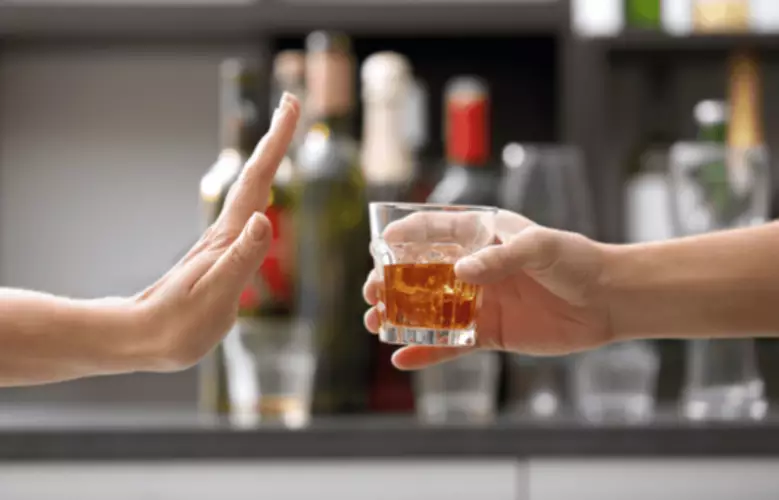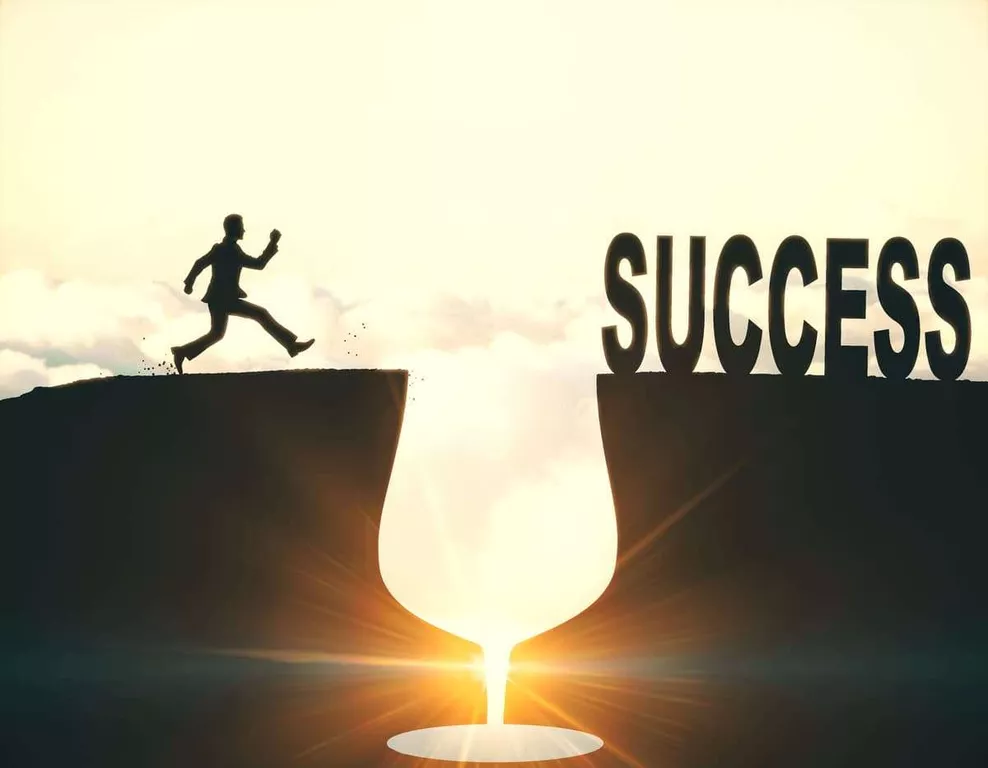While CBD can offer potential benefits, it’s important to emphasize that professional support is crucial in addiction recovery. Professional counseling and scientifically backed frameworks play a vital role in helping individuals navigate what is alcoholism recovery effectively and ensure a lasting and healthy recovery from substance use disorders and other addictions. Encore Outpatient Services, for example, offers various modalities such as individual and group therapy, trauma treatment, and medication management to support individuals in recovery.
- CBD has been studied for its potential role in reducing alcohol consumption and providing support in alcohol addiction recovery.
- Indeed, CBD has a good safety profile, with generally mild side effects in animal preclinical studies or human studies (110, 111).
- In some studies, the use of Epidiolex was linked to liver problems and drug interactions.
- However, some experts have concerns about the lack of evidence regarding its effectiveness and the lack of regulation.
- CBD is recognized for its ability to alleviate anxiety and stress, which are common challenges faced during addiction recovery.
What is Delta-8 THC?
- The NIDA-funded Monitoring the Future survey measures drug and alcohol use and related attitudes among adolescent students nationwide.
- Increased understanding of these properties could pave the way for new treatment strategies for those struggling with substance use disorders.
- However, research suggests that CBD may have multiple mechanisms of action.
No evidence was found for the intoxication and relapse phases of cannabis addiction,28,29 with no results for the withdrawal phase. Considering data from in vitro and in vivo studies, cannabidiol (CBD) seems to be a promising candidate for the treatment of both somatic and psychiatric disorders. The aim of this review was to collect dose(s), dosage schemes, efficacy and safety reports of CBD use in adults from clinical studies.
CBD and Addiction: Can it Help with Substance Abuse Recovery?
One intriguing aspect of CBD’s potential in addiction recovery is its role in craving extinction. Some research suggests that CBD may help individuals unlearn the associations between drug cues (triggers) and drug use. This means that CBD could potentially reduce the power of environmental cues that lead to cravings and relapse. CBD is one of over a hundred chemical compounds found in the cannabis plant. Unlike THC (tetrahydrocannabinol), CBD is non-psychoactive, meaning it won’t get you “high.” It interacts with the endocannabinoid system in our bodies, which plays a crucial role in regulating various physiological processes. CBD has gained popularity for its potential therapeutic benefits, including anti-anxiety, anti-inflammatory, and analgesic properties.
CBD vs. THC: Understanding the Differences, Benefits, and Uses
Misconceptions regarding the nature of CBD often cbd and addiction contribute to ongoing debates about its safety and efficacy. Furthermore, the intersection of CBD and mental health complicates the dialogue. Cannabis use may be beneficial for individuals experiencing both addiction and co-occurring mental health disorders.
- This usually happens when people rely on CBD to handle stress, anxiety, or other emotional issues and feel they can’t cope without it.
- Addiction is a chronic brain disorder characterized by compulsive drug-seeking and use, despite negative consequences.
- It was here that the evidence regarding CBD’s possible usefulness for “opioid, cocaine, and psychostimulant addiction” was first collated in such detail.
- Some were concerned about the risk that it may trigger a relapse, but overall many were in support its use, saying it helped them tremendously.
- Authors of a 2015 review found evidence that specific cannabinoids, such as CBD, may help people with opioid addiction disorders.
- At Orlando Recovery Center Drug and Alcohol Rehab, we offer many alcohol addiction treatment options led by train medical professionals.



